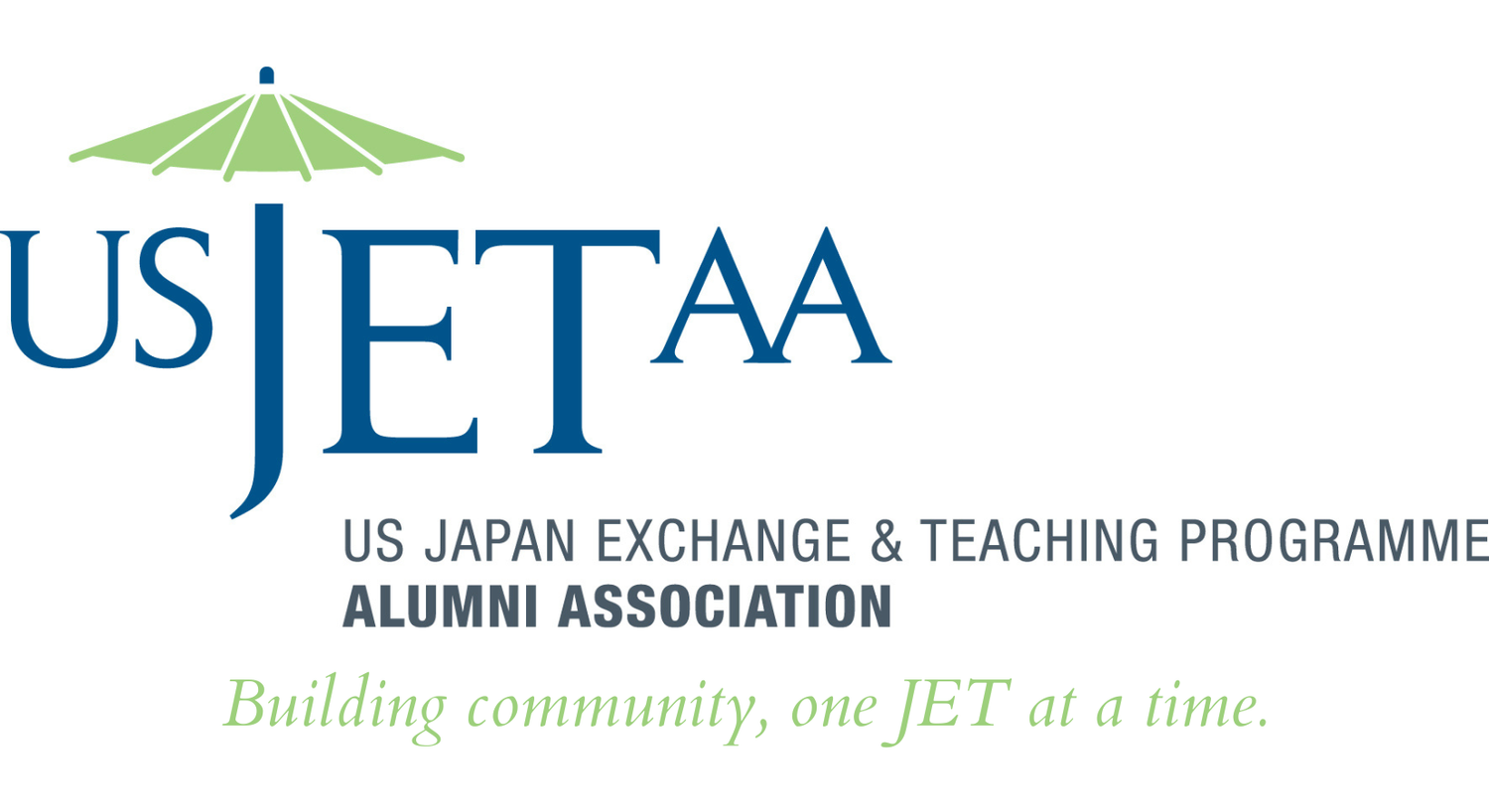Alumni Interview Series - Episode 4: Michael Turner (Miyako, Iwate 1995-1997)



Where were you in Japan as a JET and when?I was in Miyako-shi, Iwate-ken, from 1995 to 1997.What sparked your interest in applying for the JET program?Like many Americans, my interest in Japan began when I was a kid. Growing up, I had a steady diet of Japanese pop culture. Anime was not as popular or as prevalent then as it is today, but there was always a Godzilla film to be found if you knew how to turn the dial on a TV. And then Ultraman and Space Giants dominated my weekday afternoons after school and Battle of the Planets ruled the weekends. Around this time there was a television min-series adaptation of James Clavell’s novel, Shogun. And while this was a Westerner’s vision of feudal Japan, it acted as an intriguing doorway and that if I slid that shoji open just a bit I could discover a culture beyond giant robots. It wouldn’t be years later until I took a more serious interest in Japan and when I found out about JET, I never looked back.What are some of the things your prefecture is known for? Ex. food, hotspots, etc.Ika senbei is the first thing to come to mind with wanko soba coming quickly behind. Ika senbei, or “squid crackers”, are delicious and wanko soba is….almost a sport! The soba is served in small bowls with just a small amount of soba. The more you eat, the more the bowls stack up, and even modest eaters end up with a column of empty soba bowls in front of them. Outside of Miyako is Jodogohama, a craggy coastline that reminds me of the Monterey Peninsula, California, where my parents used to live. The fact that these two beaches looked so similar and yet were an ocean apart, was a reminder of how much we have in common.Did you pick up any of the regional dialects? What are some of your favorite words or phrases?I’ve forgotten all my Iwate-ben! It’s buried under a slew of other languages I’ve learned or struggled to learn since then.If you were to return to live in Japan, would you choose to live in that same prefecture? (Or in your case you can talk about where you are living in Japan now) I feel privileged to have lived in a part of Japan that few foreigners ever get to visit or experience. I live in Tokyo now and it feels like a different Japan. In many respects, it’s probably a lot like someone going from my hometown in Texas to New York City, where I went to grad school: same planet, different worlds.How has your connection in relation to Japan changed since living in Japan?My connection to Japan has only strengthened over the years. It’s been an honor to return to Japan to serve my country and a privilege to work on strengthening the alliance, the partnership, and the genuine friendship our two peoples enjoy.
I feel privileged to have lived in a part of Japan that few foreigners ever get to visit or experience. I live in Tokyo now and it feels like a different Japan. In many respects, it’s probably a lot like someone going from my hometown in Texas to New York City, where I went to grad school: same planet, different worlds.How has your connection in relation to Japan changed since living in Japan?My connection to Japan has only strengthened over the years. It’s been an honor to return to Japan to serve my country and a privilege to work on strengthening the alliance, the partnership, and the genuine friendship our two peoples enjoy.
This interview is part of a partnership between the Japan Society Boston (JSB) and the United States Japan Exchange & Teaching Programme Alumni Association (USJETAA) in which JET alumni contribute short interviews about their experiences in Japan in each prefecture.


